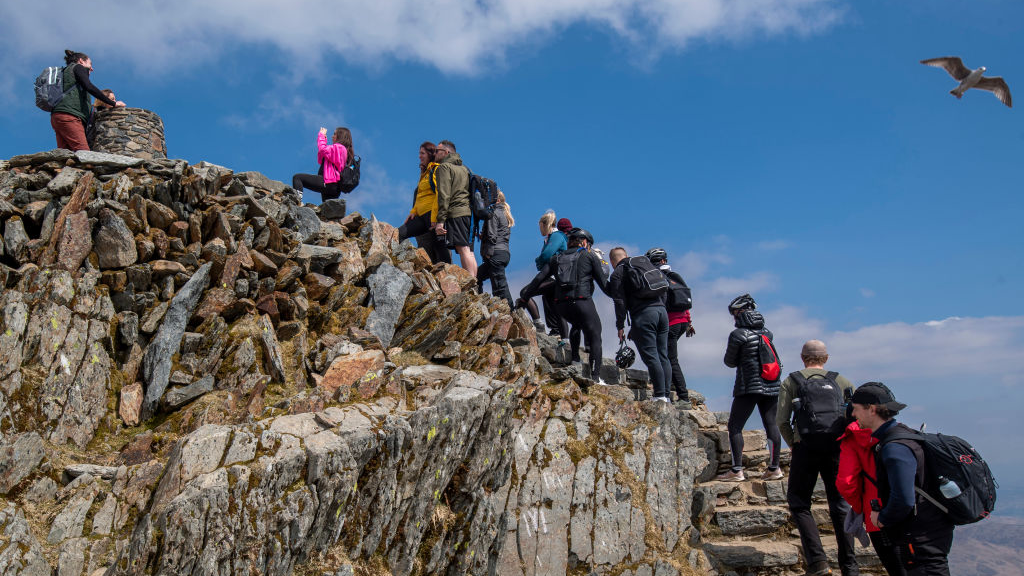What is Giardia? Avoiding tummy troubles in the backcountry
We take a look at this common source of backpacker’s diarrhea and help you prevent a bout of the runs when you’re out in the wild.
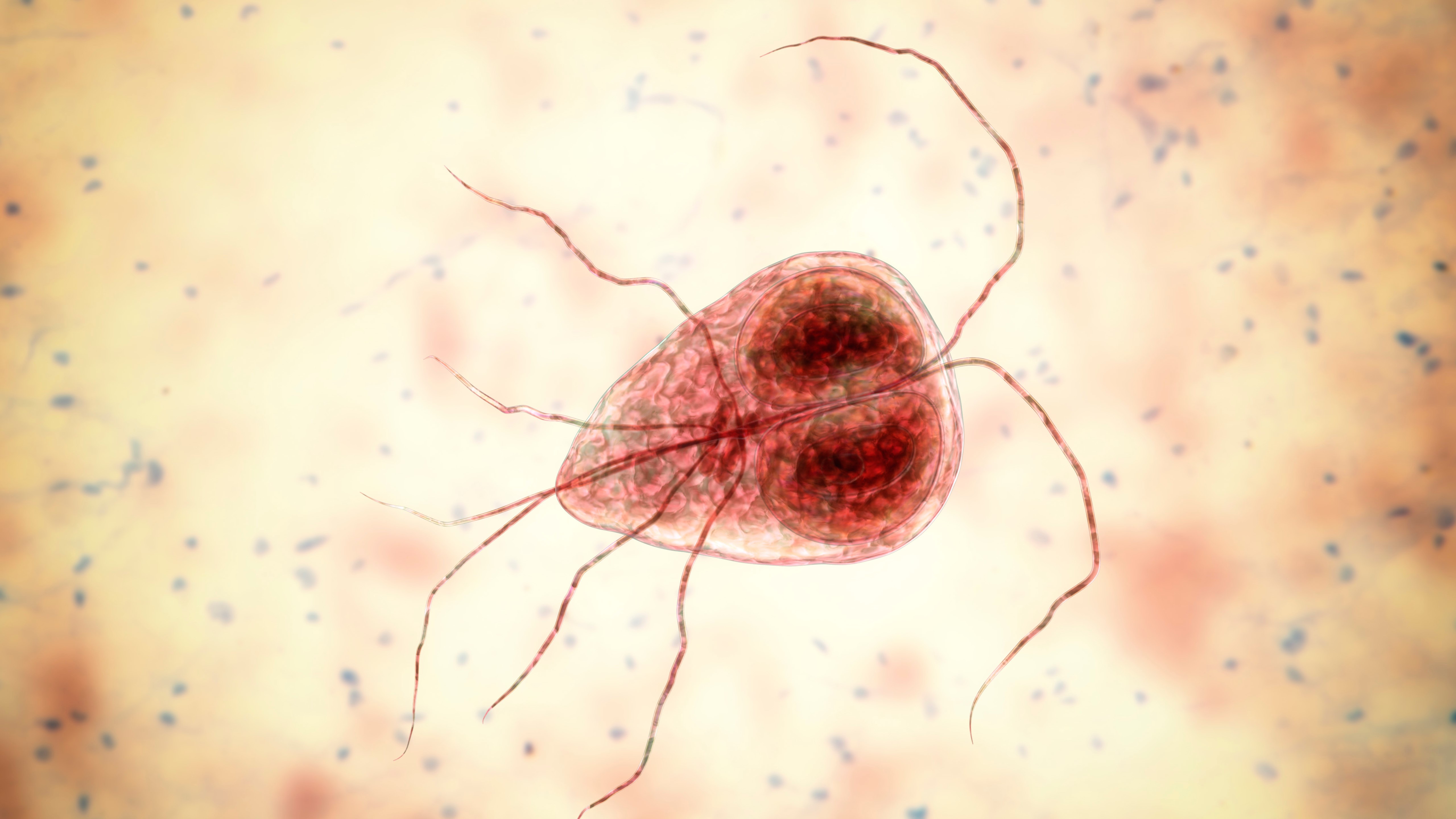
I first heard about Giardia when I was rafting Westwater on the Colorado River and I instantly knew it was something to be avoided if possible. One of our raft guides, Becca, had picked it up months previously on a river trip and was still plagued by occasional dodgy gastrointestinal symptoms that added extra excitement to whitewater excursions. As I recall, we made it through that particular trip without any major episodes, but I was keen to dodge this bug.
I soon learned that might be harder than just avoiding the river, as Giardia is unnervingly prevalent in the backcountry and something to think about on backpacking trips too. Now, when I go out I always make sure to bring my water filter and my camping stove so I can purify water in the wild.
If you spend a lot of time in the wilderness, you may have heard this Giardia, which can be found lurking in our water sources and is the source of many backpackers’ tummy troubles. However, the information out there can be a little vague and confusing (the bug isn't well studied, partly because many cases go unreported and partly because the germ can be inconsistent even within a single body of water) so you might be confused as to when you’re at risk, how to treat it, and how to avoid it. In this article, we take a look at this common source of backpacker’s diarrhea and help you prevent a bout of the runs when you’re out in the wild.
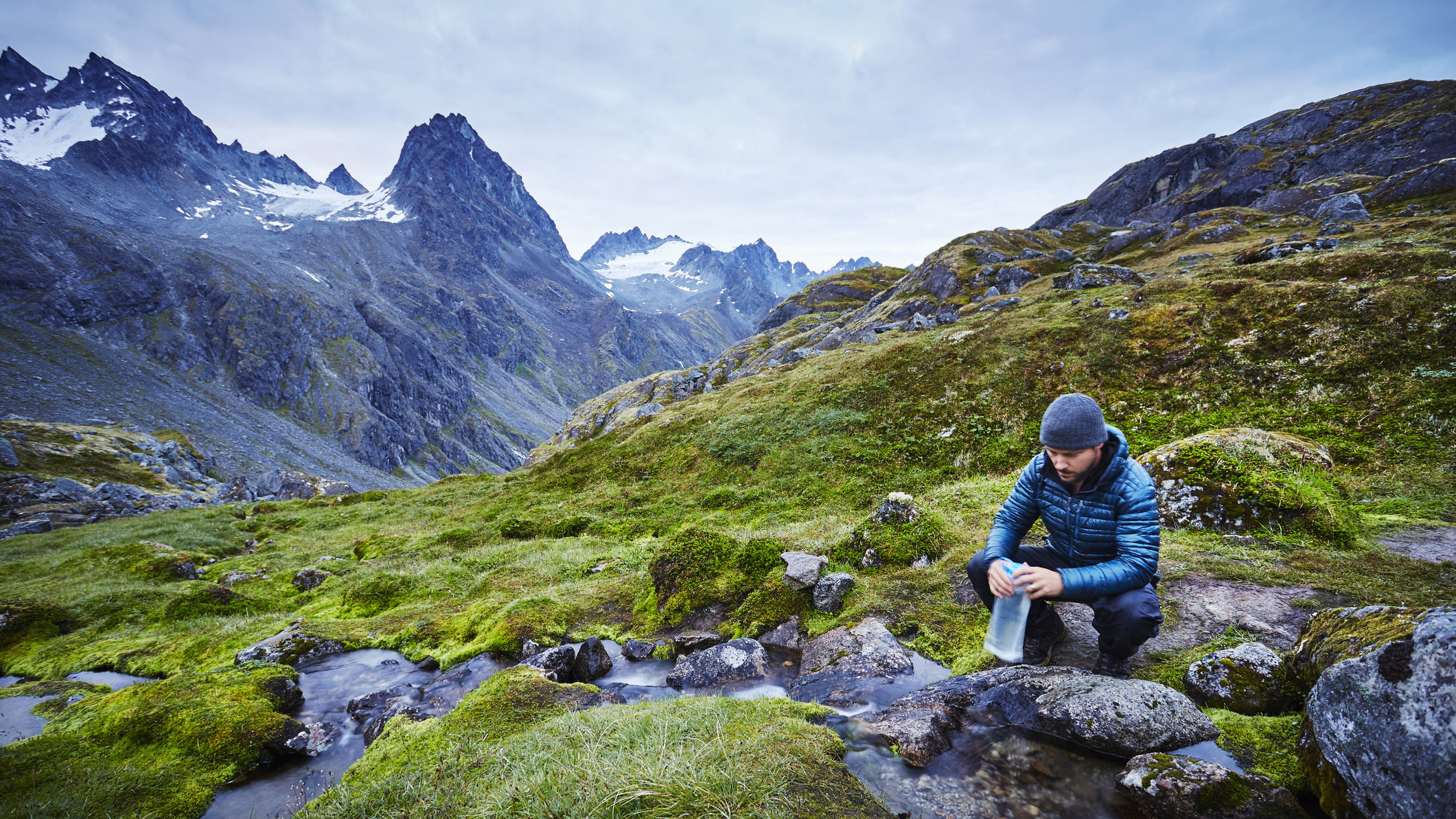
What is Giardia?
According to the CDC, Giardia is a parasite that causes the diarrheal disease giardiasis. Giardia can be found on surfaces, or in soil, food or water that has been contaminated with feces from infected people or animals.
Giardia spreads easily from person to person, as well as through contaminated surfaces. The most common way people get giardiasis is by swallowing contaminated drinking water or recreational water (rafting or wild swimming in contaminated lakes and rivers, or even using swimming pools and hot tubs). You might think it’s obvious not to drink river water when you’re in your kayak, but you can contract Giardiasis through accidental swallowing, which can happen from swimming or jumping into a river with your mouth open.
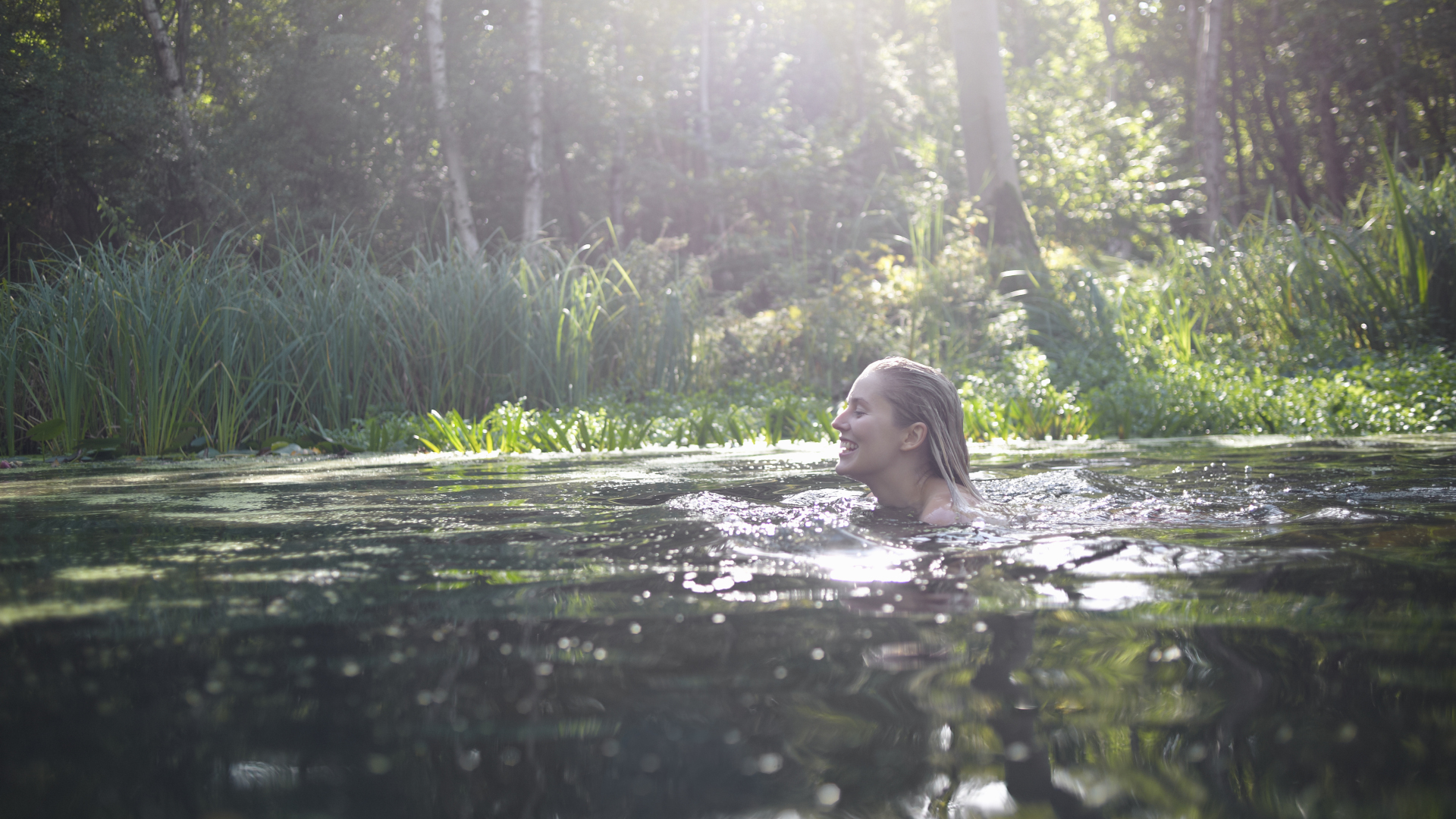
What happens if a person gets Giardia?
Though some people experience no symptoms with Giardiasis, common symptoms according to the Mayo Clinic include:
- Stomach cramps
- Bloating
- Nausea
- Bouts of watery diarrhea
Even if you have no symptoms, you may be able to carry and spread the parasite once you have it.
Advnture Newsletter
All the latest inspiration, tips and guides to help you plan your next Advnture!
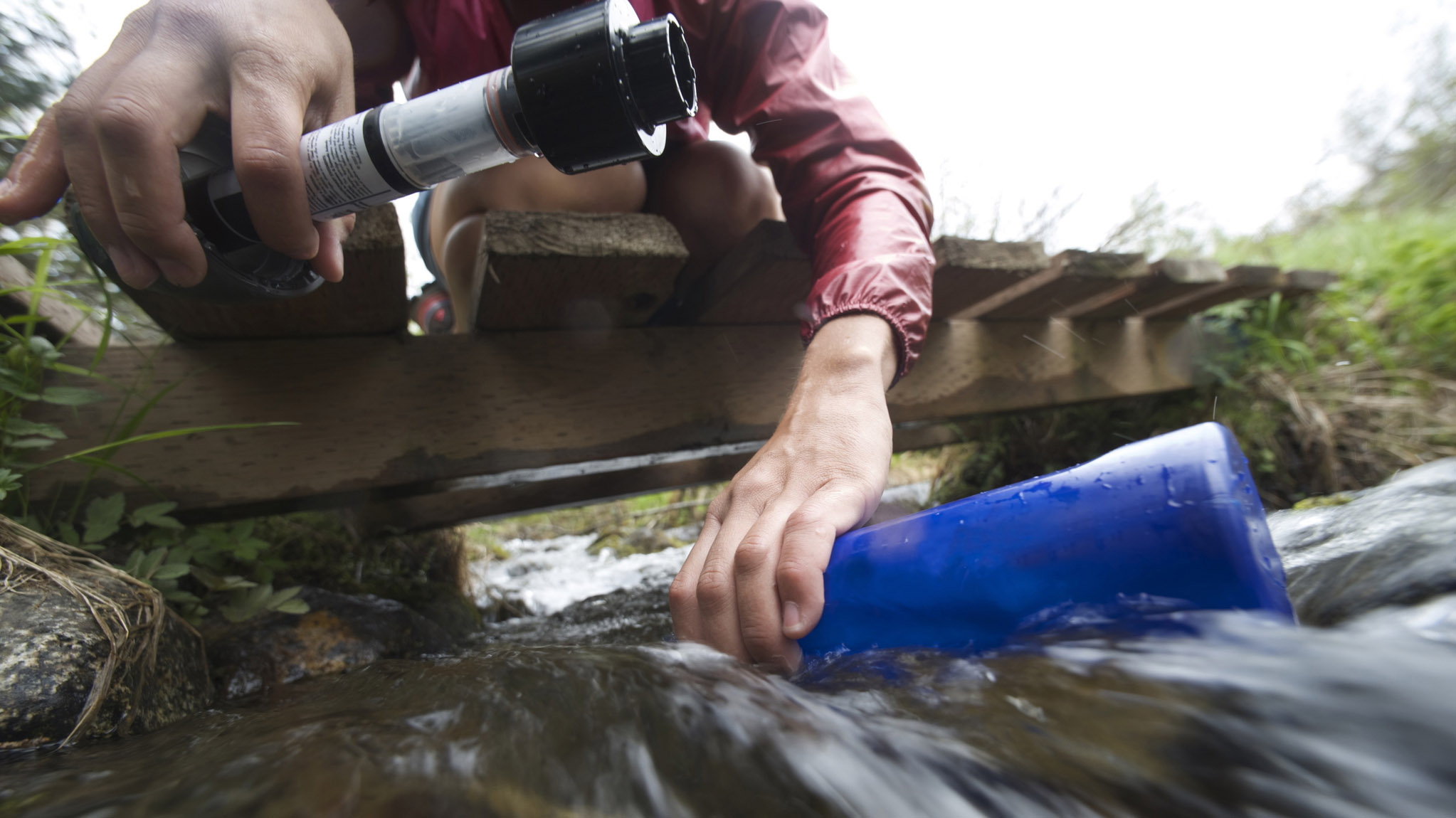
Can Giardia go away on its own?
Most Giardia infections go away on their own after several weeks, though some people do continue to have intestinal problems such as IBS once the parasite has exited the body. If you have more severe symptoms, your doctor may prescribe an antibiotic to treat Giardiasis.
Is giardiasis common in the US?
In the US, Giardia is the most common parasitic infection to affect intestinal health, according to the Cleveland Clinic, affecting more than one million people each year. Giardia spreads easily and is common throughout the world, especially in areas with poor access to clean drinking water. It’s not clear why it’s so common in the US, but a 2018 study indicates that it may be to do with our penchant for camping and recreational swimming in lakes.
Is giardiasis common in the UK?
Giardia is also highly prevalent in the UK, but according to the University of Cambridge, it is largely thought to be associated with travel rather than locally acquired.
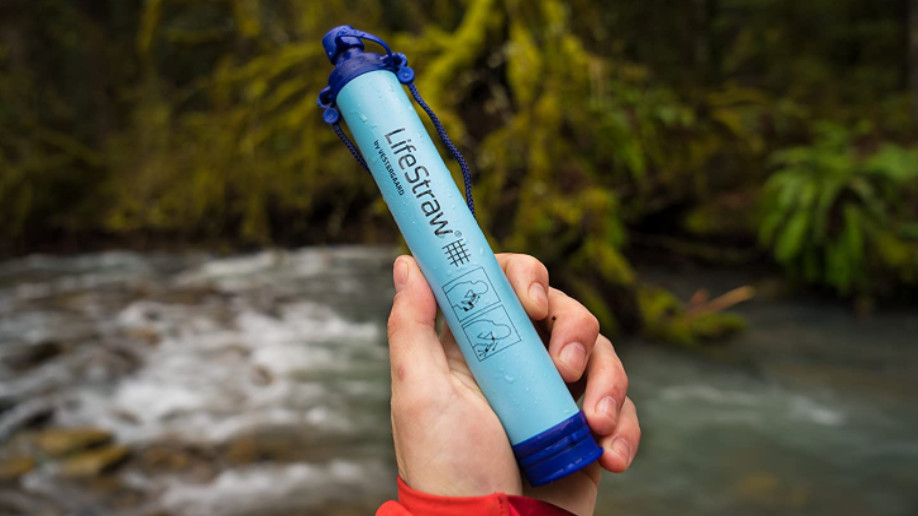
How to avoid Giardia in the backcountry
If you enjoy spending time outdoors and in the water, your best protection is prevention. You might have been drinking unfiltered water in the backcountry for years, or know someone who has, but it’s not really a risk you want to take. Even a short bout of giardiasis can make a backpacking trip extremely unpleasant, while the long term health effects can be serious.
- Whenever you’re recreating in the backcountry, use a water purifier such as the Lifestraw Peak Series Collapsible Water Bottle with Filter to filter any water before drinking it.
- Alternatively or for cooking, you can bring water to a rolling boil for at least one minute before using it.
- Carry a few water purification tablets in your first aid kit as a backup in case your water filter breaks.
- When swimming or jumping into lakes and rivers, keep your mouth closed.
Julia Clarke is a staff writer for Advnture.com and the author of the book Restorative Yoga for Beginners. She loves to explore mountains on foot, bike, skis and belay and then recover on the the yoga mat. Julia graduated with a degree in journalism in 2004 and spent eight years working as a radio presenter in Kansas City, Vermont, Boston and New York City before discovering the joys of the Rocky Mountains. She then detoured west to Colorado and enjoyed 11 years teaching yoga in Vail before returning to her hometown of Glasgow, Scotland in 2020 to focus on family and writing.

